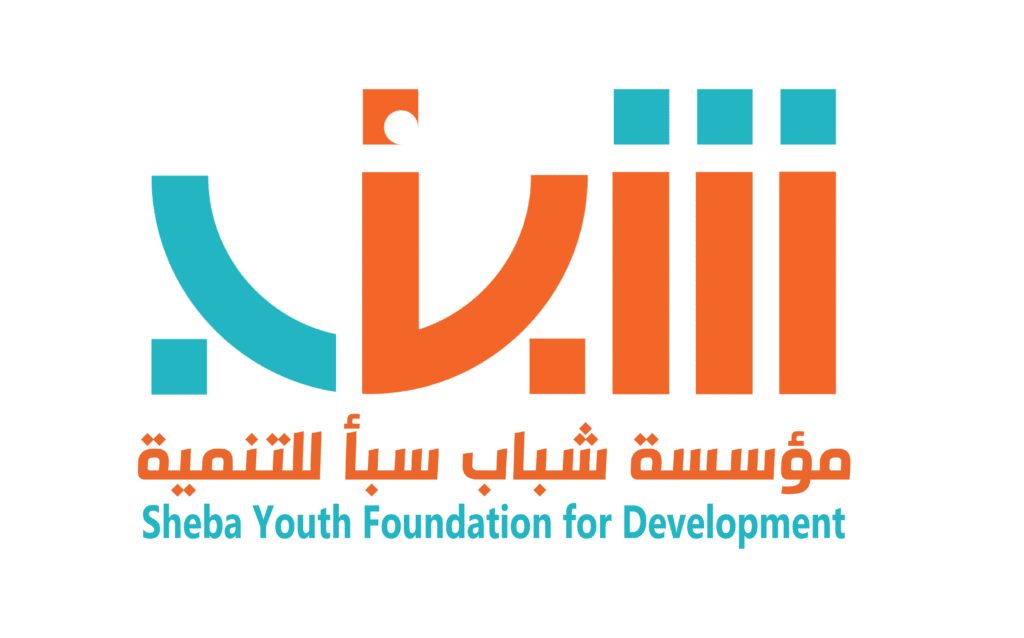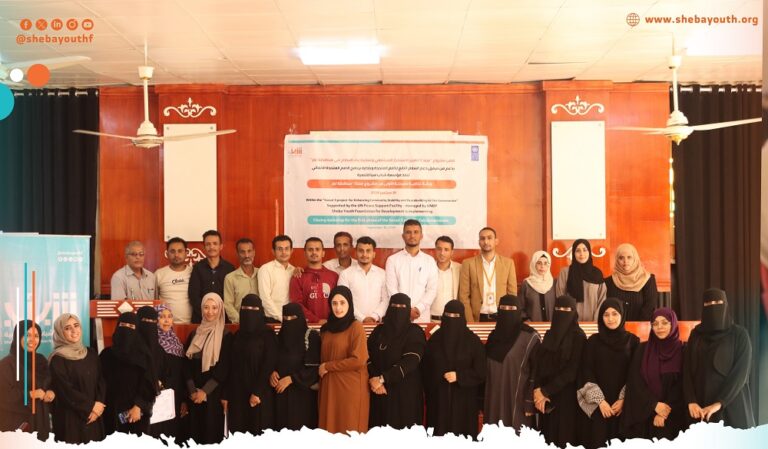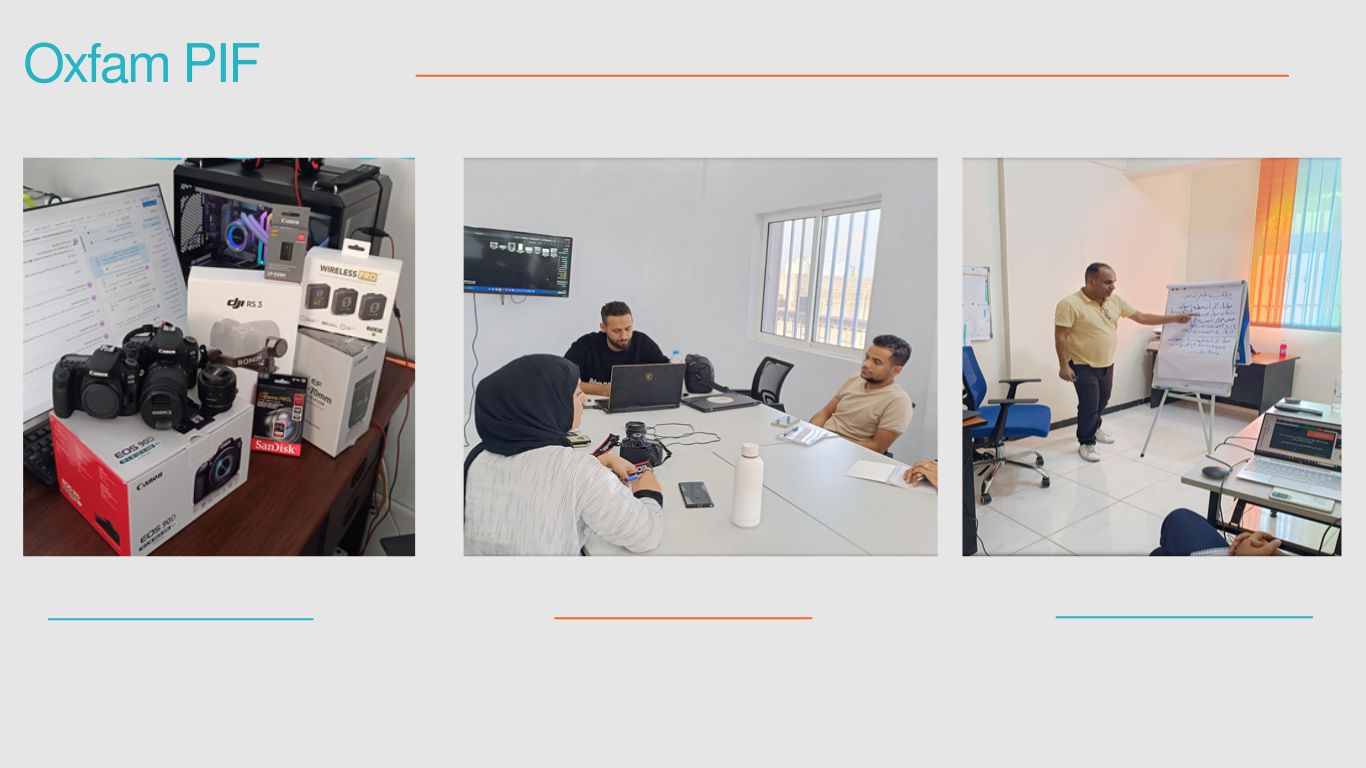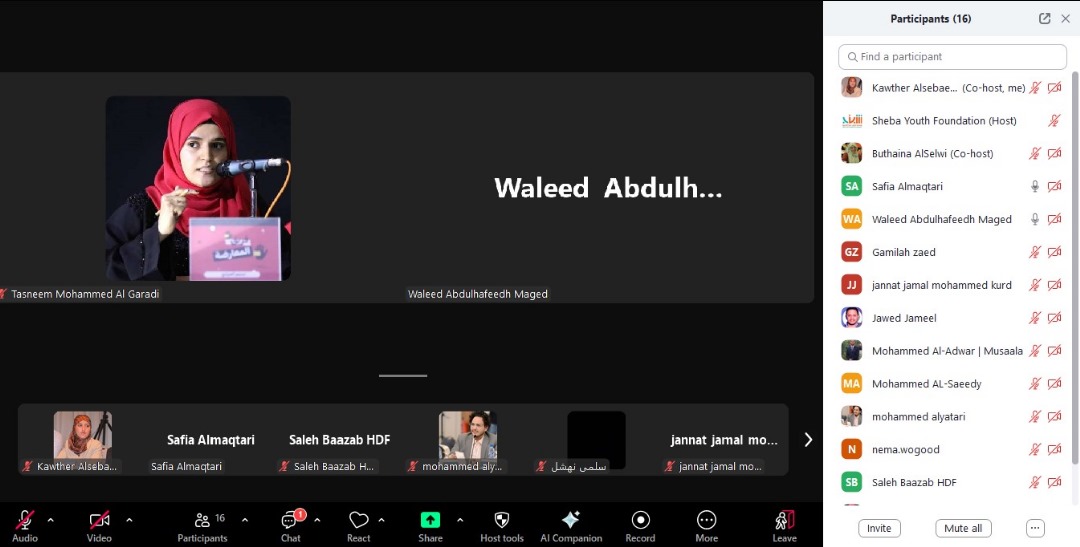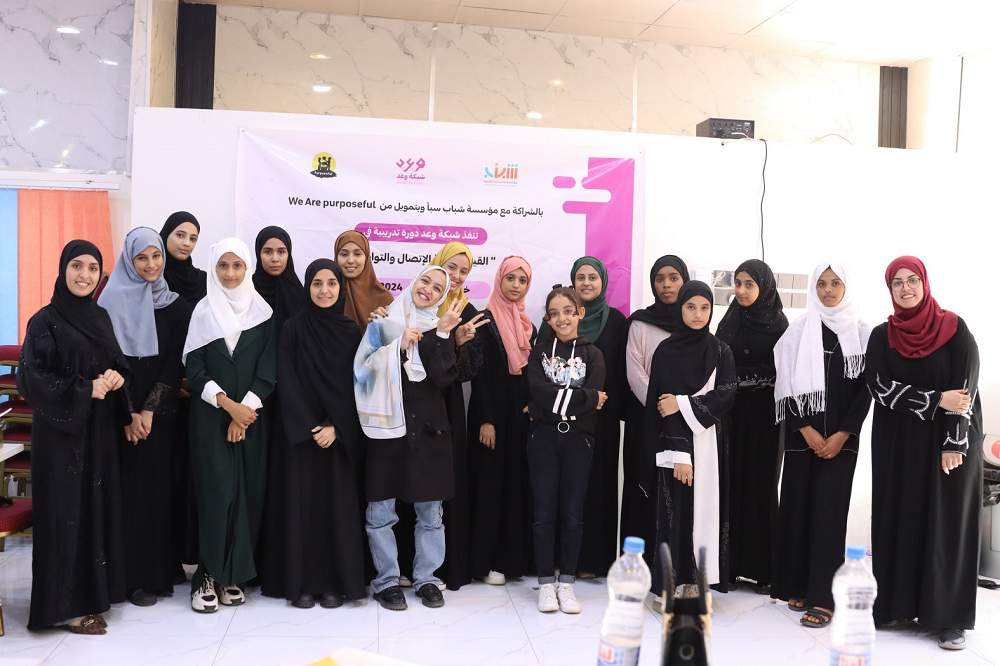Sheba Youth Concludes Project “Sand 3” in Taiz Governorate
Taiz – September 30, 2024
Media Unit – Sheba Youth
Today, September 30, 2024, Sheba Youth held the concluding workshop for Project “Sand 3” in Taiz Governorate, funded by the United Nations Development Programme (UNDP). The workshop was attended by 45 participants, including 30 representatives from youth components, 15 representatives from civil society organizations and local authorities, as well as youth activists and representatives from the Water Authority and the Security Department.
The workshop was opened by Abdo Ali, Director of Social Affairs and Labor, who thanked everyone for their efforts within the project framework. He highlighted the importance of enhancing social stability and aligning projects with the developmental plan set by local authorities under the leadership of Nabil Jamal. He emphasized that the more projects align with this plan, the greater the opportunities for development and prosperity in the governorate.
For her part, Buthaina, Director of Programs at Sheba Youth, expressed her gratitude for the cooperation between local authorities and civil society organizations. She affirmed that achieving sustainable development requires effective partnerships among all parties, and that the phases of peacebuilding necessitate significant work and effort to realize lasting peace.
Nabil Jamal, Director of the Office of Planning and International Cooperation, discussed the importance of community projects like “Sand 3” in enhancing development opportunities. He reviewed collaborative efforts with other organizations to improve water pumping mechanisms in Taiz. Meanwhile, Bakil Al-Amari, local coordinator for UNDP, addressed the challenges faced by Taiz Governorate and explained how Project “Sand 3” has contributed to addressing a critical issue: water scarcity in targeted areas.
Following this, Mohammed Al-Harwi, Project Manager of “Sand 3,” presented the project’s phases, targeted areas, and achieved milestones, underscoring the local authorities’ role in supporting the initiative. He also elaborated on how access to water has improved in areas previously facing severe shortages and how efforts were coordinated with relevant stakeholders in Taiz to ensure the project’s success.
The youth components participating in the project shared their experiences and the skills they acquired through training, along with the roles they played in overseeing community awareness campaigns. Al-Harwi highlighted success stories from the project, including the repair of water networks and increased access to water for thousands of households, in addition to the collaborative efforts with the Water Authority in Taiz and Al-Hawban to ensure water is pumped from the main fields.
Samir Abdulwahid, Director of the Water and Sanitation Authority, proposed suggestions for expanding the project’s scope in the future, stressing the need to continue joint efforts to support water projects. Additionally, ideas and recommendations regarding the next phase of Project “Sand” were discussed with attendees, where effective suggestions were made on how to improve the project’s operational mechanisms for upcoming stages.
The event concluded with the recognition of the youth components and the local mediation unit for their significant roles in the success of the project and the achievement of its objectives in promoting stability and community cohesion.
